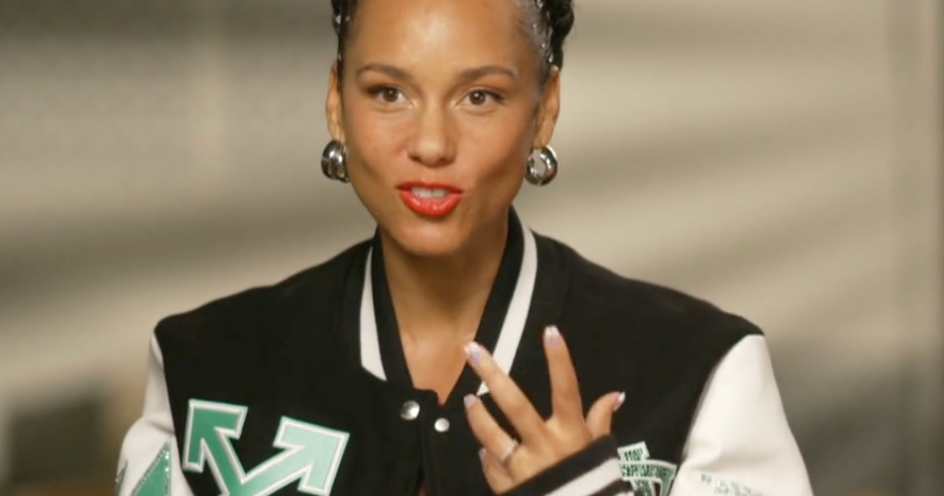Forest Whitaker takes on the role of a complicated crime boss in "Godfather of Harlem"
In his latest role, Forest Whitaker brings the heat. He's the star and executive producer of "Godfather of Harlem," a new series about Ellsworth "Bumpy" Johnson, a complicated crime boss and associate of Charles "Lucky" Luciano who ruled Harlem from the 1930s to the 60s. But Johnson wasn't always what he seemed.
"He runs this sort of, you know, crime scene including, like, numbers running, drugs, all those different things. But he's also a deep family man. He's a poet. He's a chess player," Whitaker told CBS News' Michelle Miller. "On one hand he's this crime lord who does all these things in the city, and on another, he's somebody who, like, sends people to college, and tries to make sure that people's lives are better."
Johnson has been fictionalized before, but this time, viewers see an older version after a decade behind bars for drug conspiracy.
"He's trying to figure out who's taken over his territories, how he can get them back, what the maneuvers are gonna be, the strategies and how he can keep himself safe and alive," he said.
Whitaker's character brushes up against a number of other very famous figures in the series, including Malcolm X and the politician Adam Clayton Powell.
"Well, Malcolm X was, you know, when he was Detroit Red before when he was, you know, running numbers himself, and doing a number of difficult things, and they became friends, I guess, during that time," Whitaker said.
Whitaker's impressive career has earned him numerous awards, including an Oscar for his portrayal of fanatical Ugandan dictator Idi Amin in "The Last King of Scotland." But producing is where he thinks he can make a greater impact. Along with partner Nina Yang Bongiovi he founded Significant Productions in 2010 which has helped to increase diversity in Hollywood with films like "Fruitvale Station" and indie breakout "Sorry to Bother You."
"The more specific you are to a thing, a culture, the more universal the stories start to become," he said. "'Cause we've never had an unsuccessful film, financially unsuccessful film. I think all of our films have been at Sundance. Like, three of them have won. Two of them have been to Cannes. So we've been really fortunate to do these little films, but with filmmakers that make a difference."
But the biggest difference Whitaker hopes to make is through the Whitaker Peace and Development Initiative, a global change agent that's helped hundreds of thousands in Africa and Mexico build small businesses and bridges toward peace. It was inspired by a child soldier he met in Uganda.
"She had been a child soldier who had done a lot of harmful things to others, was ostracized by the community, but had to live in the community, 'cause she had no place to go. She was just in this hut. And I remember talking to her and saying, you know, 'What can we do?' I brought her voice back to the UN and they heard that. And I decided I have to do something on the ground to make, you know, like, to make a change."
But humble as ever, Whitaker still feels he's got a lot left to learn.
"Sometimes I think I'm too old to be, like, not having' answers. You know what I mean? I should have better answers. I should know what to do. I keep making' the same mistakes sometimes," he said. "Hopefully the next loop will be a little different, you know, it'll twist and turn its way to something' even more important, more connected," he said.
"When I think of important things, I think more about the issues with humanity and the connections that we all have as people to be able to be one. Like, Desmond Tutu has talked about it when he says, 'Do your little bits of good wherever you are, and all those little bits of good will overwhelm the world.' I want to be a part of that, those little bits."




